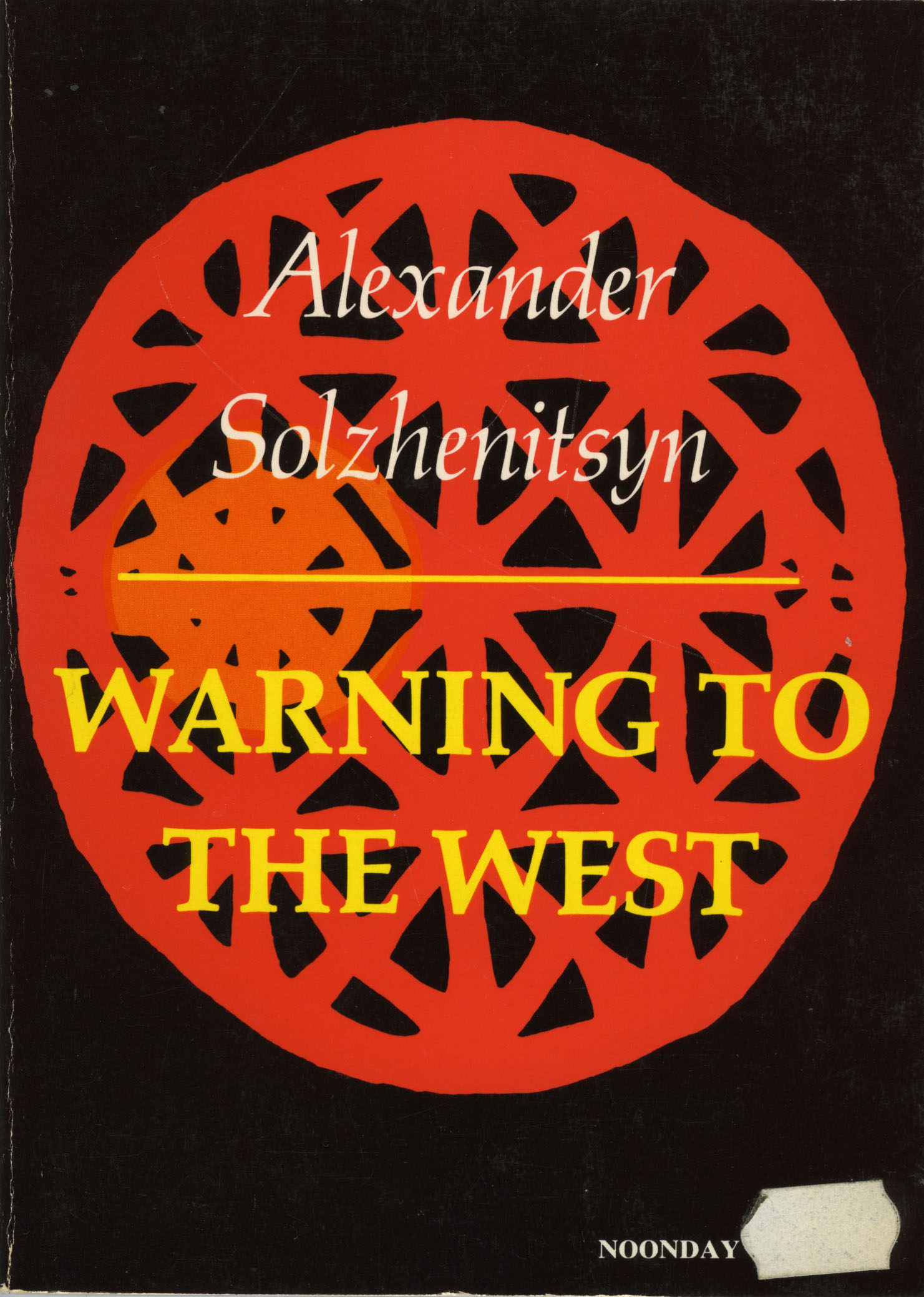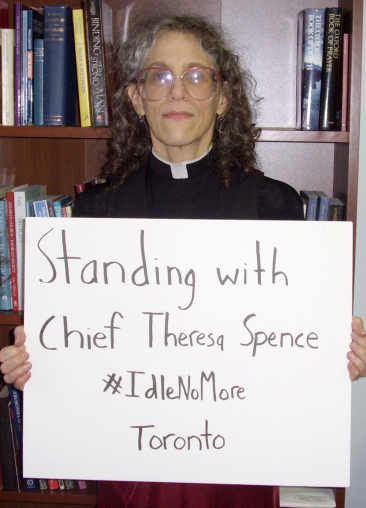While rummaging around my dusty bookshelves over the holidays looking for something else, I came across a book by Alexander Solzhenitsyn that I read in the late 70s: “Warning to the West”, a  collection of Solzhenitsyn’s speeches in one volume. It’s a shame his words have not been taken more seriously. This is some of what he had to say about socialism in a BBC radio talk:
collection of Solzhenitsyn’s speeches in one volume. It’s a shame his words have not been taken more seriously. This is some of what he had to say about socialism in a BBC radio talk:
The decline of contemporary thought has been hastened by the misty phantom of socialism. Socialism has created the illusion of quenching people’s thirst for justice: Socialism has lulled their conscience into thinking that the steamroller which is about to flatten them is a blessing in disguise, a salvation. And socialism, more than anything else, has caused public hypocrisy to thrive; it has enabled Europe to ignore the annihilation of 66 million people on its very borders.
There is not even a single precise definition of socialism that is generally recognized: all we have is a sort of hazy shimmering concept of something good, something noble, so that two socialists talking to each other about socialism might just as well be talking about completely different things. And, of course, any new-style African dictator can call himself a socialist without fear of contradiction.
But socialism defies logic. You see, it is an emotional impulse, a kind of worldly religion, and nobody has the slightest need to study or even to read the teachings of its early prophets. Their books are judged by hearsay; their conclusions are accepted ready-made. Socialism is defended with a passionate lack of reason; it is never analyzed; it’s proof against all criticism. Socialism, especially Marxist socialism, uses the neat device of declaring all serious criticism “outside the framework of possible discussion”; and one is required to accept 95 percent of socialist doctrine as a “basis for discussion”—all that is left to argue about is the remaining 5 percent.
There is another myth here too, namely that socialism represents a sort of ultra-modern structure, an alternative to dying capitalism. And yet it existed ages and ages before any sort of capitalism.
My friend Academician Igor Shafarevich has shown in his extensive study of socialism that socialist systems, which are being used today to lure us to some halcyon future, made up the greatest portion of the previous history of mankind in the ancient East, in China, and were repeated later in the bloody experiments of the Reformation. As for socialist doctrines, he has shown that they emerged far later but have still been with us for over two thousand years; and that they originated not in an eruption of progressive thought as people think nowadays but as a reaction—Plato’s reaction against Athenian democracy, the Gnostics’ reaction against Christianity—against the dynamic world of individualism and as a return to the impersonal, stagnant system of antiquity. And if we follow the explosive sequence of socialist doctrines and socialist utopias preached in Europe—by Thomas More, Campanella, Winstanley, Morelli, Deschamps, Babeuf, Fourier, Marx, and dozens of others—we cannot help but shudder as they openly proclaim certain features of that terrible form of society. It is about time we called upon right-minded socialists calmly and without prejudice to read, say, a dozen of the major works of the major prophets of European socialism and to ask themselves: Is this really that social ideal for which they would be prepared to sacrifice the lives of countless others and even to sacrifice their own?
Like this:
Like Loading...
 From here:
From here:

 collection of Solzhenitsyn’s speeches in one volume. It’s a shame his words have not been taken more seriously. This is some of what he had to say about socialism in a BBC radio talk:
collection of Solzhenitsyn’s speeches in one volume. It’s a shame his words have not been taken more seriously. This is some of what he had to say about socialism in a BBC radio talk: